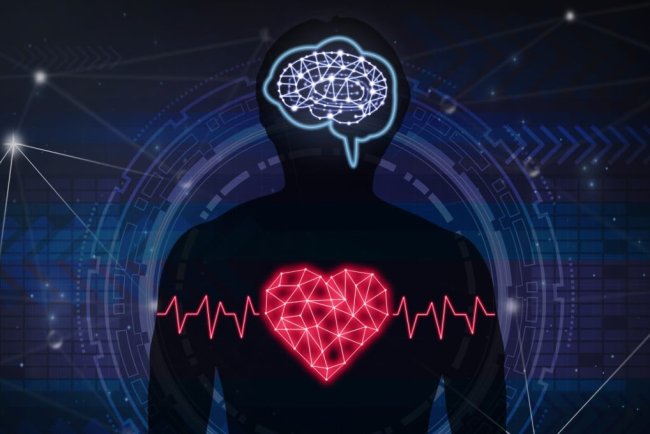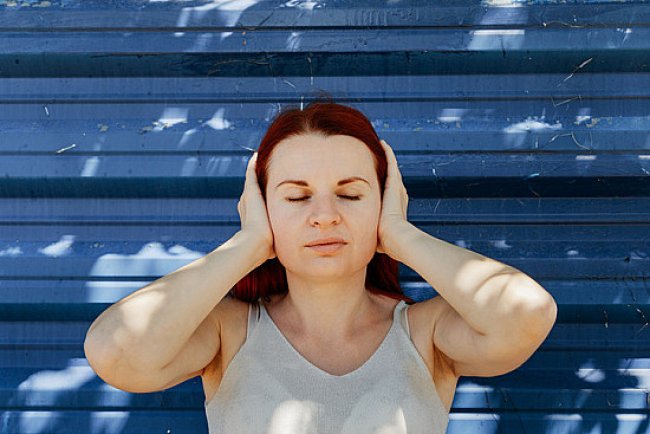The Science of Sleep: Why It’s Crucial for Your Health
Sleep is not just a time for rest; it’s a vital process that allows the body and mind to rejuvenate. Despite its importance, sleep is often neglected in today’s fast-paced world. In this blog, we’ll delve into the science of sleep, explore its health benefits, and offer tips to improve your sleep quality.

What Is Sleep, and Why Do We Need It?
Understanding Sleep
Sleep is a naturally recurring state of rest that allows the body to repair itself, process memories, and maintain critical bodily functions. It consists of multiple cycles of two main stages:
-
Non-Rapid Eye Movement (NREM) Sleep: Deep, restorative sleep stages.
-
Rapid Eye Movement (REM) Sleep: Active brain activity linked to dreams and memory consolidation.
Why Sleep Is Essential
Sleep affects nearly every system in the body, including:
-
The brain and nervous system
-
The immune system
-
Cardiovascular health
-
Metabolism and weight regulation
The Health Benefits of Sleep

1. Boosts Cognitive Function
Sleep is essential for learning, memory, and problem-solving. During REM sleep, the brain processes and stores information from the day.
2. Enhances Physical Health
-
Muscle Repair: Growth hormone released during sleep helps repair tissues.
-
Heart Health: Adequate sleep lowers the risk of hypertension and heart disease.
3. Strengthens the Immune System
Sleep allows the immune system to produce infection-fighting cells and proteins.
4. Regulates Weight
Lack of sleep disrupts hormones like ghrelin and leptin, which control hunger and appetite, potentially leading to weight gain.
5. Improves Mood
Sleep helps regulate emotions and reduces the risk of mood disorders like anxiety and depression.
What Happens When You Don’t Get Enough Sleep?

Chronic sleep deprivation can lead to:
-
Impaired memory and concentration
-
Weakened immune response
-
Increased risk of chronic diseases like diabetes and heart disease
-
Weight gain due to hormonal imbalances
-
Emotional instability and irritability
How Much Sleep Do You Need?
The amount of sleep required varies by age:
-
Adults: 7-9 hours
-
Teenagers: 8-10 hours
-
Children: 9-12 hours
-
Infants: 12-16 hours
Consistency is key—going to bed and waking up at the same time daily helps regulate your internal clock.
The Science Behind Sleep Cycles
Each night, your body cycles through four to six sleep cycles, each lasting about 90 minutes.
-
Stage 1 (Light Sleep): Transition between wakefulness and sleep.
-
Stage 2 (Light Sleep): Heart rate and body temperature drop.
-
Stage 3 (Deep Sleep): Physical restoration and immune boosting occur.
-
REM Sleep: Brain activity increases for dreaming and memory consolidation.
Deep sleep and REM sleep are the most restorative stages.
Tips to Improve Sleep Quality

1. Stick to a Sleep Schedule
Go to bed and wake up at the same time every day, even on weekends.
2. Create a Relaxing Bedtime Routine
-
Read a book.
-
Practice meditation or deep breathing.
-
Avoid screens an hour before bed.
3. Optimize Your Sleep Environment
-
Keep the room dark and quiet.
-
Maintain a cool temperature (60-67°F or 16-19°C).
-
Invest in a comfortable mattress and pillows.
4. Limit Stimulants and Alcohol
Caffeine and alcohol can interfere with sleep. Avoid them in the late afternoon and evening.
5. Exercise Regularly
Physical activity promotes better sleep, but avoid intense workouts close to bedtime.
6. Monitor Food and Drink Intake
Don’t go to bed hungry or overly full, as discomfort can disrupt sleep.
Common Sleep Disorders

1. Insomnia
Difficulty falling or staying asleep, often caused by stress, anxiety, or poor sleep habits.
2. Sleep Apnea
A serious condition where breathing repeatedly stops and starts during sleep, often leading to poor quality rest.
3. Restless Legs Syndrome (RLS)
A condition causing uncomfortable sensations in the legs and an irresistible urge to move them.
4. Narcolepsy
A chronic disorder characterized by overwhelming daytime drowsiness and sudden sleep attacks.
If you suspect a sleep disorder, consult a healthcare professional.
The Role of Technology in Sleep

Benefits:
-
Sleep tracking apps provide insights into sleep quality.
-
White noise machines can help create a calming sleep environment.
Downsides:
-
Blue light from screens inhibits melatonin production, making it harder to fall asleep.
-
Notifications can disrupt sleep cycles.
Wrap-Up:
Sleep is a cornerstone of health and well-being, affecting every aspect of life. By understanding the science of sleep and adopting healthier habits, you can:
-
Improve your physical and mental health.
-
Boost productivity and energy levels.
-
Enhance your overall quality of life.
Prioritize your sleep, and reap the benefits of a well-rested mind and body.
What's Your Reaction?




















